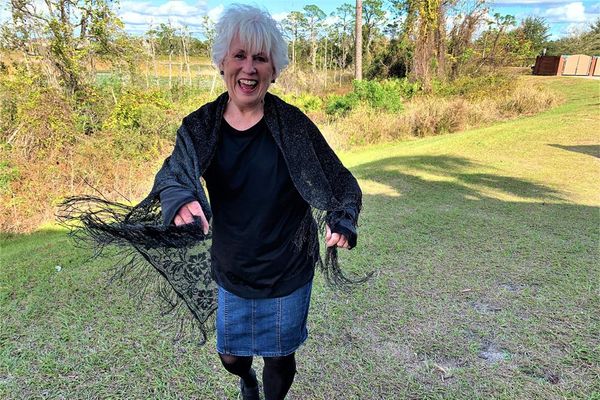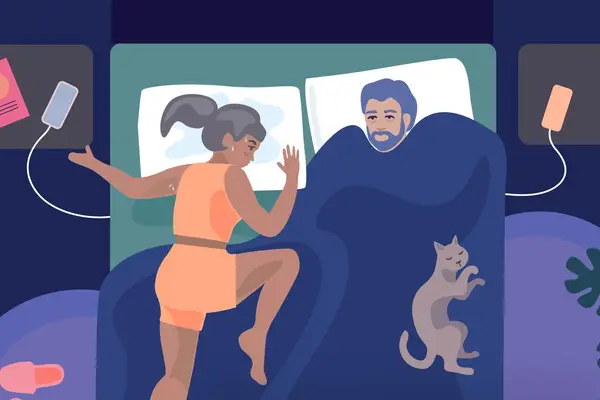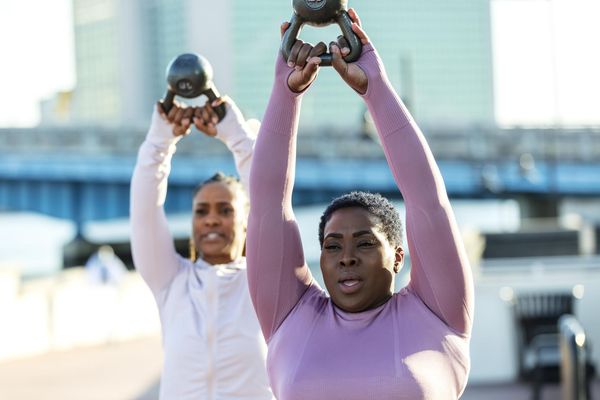When I think back to my childhood and conjure a picture of a 50-something-year-old man or woman, I think one thing: OLD. Remember back to those days? We were young—they were old.
And now, we are them.
But when I look at my contemporaries or, for that matter, myself, that picture is markedly different from the one I saw years ago.
Many of us baby boomers believe we're living healthier lives than our parents. Not only that, but we're living longer than they did. We go to the gym, stay active and mentally challenged, read labels and eat well. We're a vigorous, informed group. We climb mountains, run marathons, pump iron and challenge our cardiorespiratory fitness to the max.
But are we living better?
If so, then why are we unhealthier than our parents were at our age?
NPR News (and many other news outlets) reported this unexpected finding last week. Dana E. King, a professor in the department of family medicine at the West Virginia University School of Medicine and physician in Morgantown, West Virginia, sees his share of unhealthy boomers taking a lot of medication, burdened with diseases like hypertension and obesity. That prompted King and some colleagues to examine data from the federal National Health and Nutrition Examination Survey.
They compared baby boomers (now in their late 40s to 60s) with people in the same age bracket from two decades ago and published their findings in the journal JAMA Internal Medicine.
It's not all bad news. Boomers are healthier in some ways, they found. They're less likely to smoke, have emphysema or get heart attacks.
But it's not all good news, either. Conditions like high blood pressure, diabetes, high cholesterol and obesity are on the rise. (It's no doubt that obesity is fueling many diseases.) Not only that, but the proportion of people who are disabled "increased substantially," said King. If you think about the previous generation sitting in rockers or hobbling around with canes, look at your own peers: double the percentage of baby boomers need the help of a cane or walker to get around compared with our parents.
READ: 21 Easy Ways to Get Diabetes
And this one surprised me, since I assumed the reason we're hobbling around was due to all the exercise we're doing: we are exercising less, not more, than the previous generation. That's right. Twenty years ago, about half of people in the same age bracket as the current baby boomers said they exercised regularly—at least three times a week. That rate is now only about 18 percent, King told NPR. "That's an astonishing change in just one generation," he said.
READ: Prescription for Health: Move Your Body
When boomers self-rated their perceived health, just 13 percent considered it "excellent," compared to 32 percent of those in the previous generation who rated themselves in excellent health.
Could it be our expectations for good health are higher and the word "excellent" has a different meaning to us than it had to our parents?
King suggests that since medication use has increased, our growing dependence on it may cause us to ignore ways to create our own good health.
Whatever the reasons, when I read something like this, I feel we have to try harder. Although our longevity continues to increase, our life expectancy at age 65 here in the United States is lower than that of other industrialized nations.
It's not too late. Adding healthy habits to our health arsenal—like getting enough exercise, eating lots of fresh fruits and veggies and staying mentally challenged—can go a long way toward making us healthy going forward.







